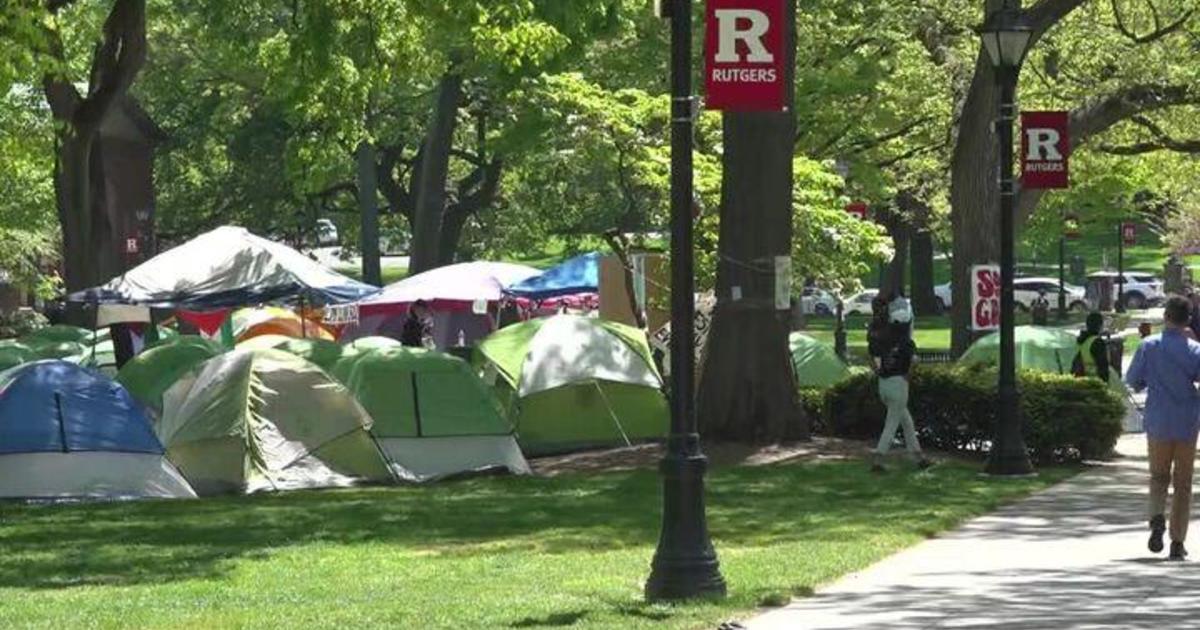Practice Safe Cooking, Storing And Eating
NEW YORK (CBS 2) -- It's the centerpiece of every Thanksgiving feast: the perfectly browned turkey coming out of the oven and presented to the family. But this Norman Rockwell moment is also where a lot of food hazards are hiding.
It's an issue that is more common than you think -- germs in your food.
Dr. Max Gomez says the problem is that there are many inexperienced cooks taking on much more food preparation than they can handle in kitchens far too small for the task. Also contributing to the problem are overstuffed refrigerators that can't keep food at a safe temperature.
There are many things to consider when preparing turkey.
First, did you thaw your frozen bird in the refrigerator for three days? Just leaving it on the counter allows bacteria to grow and multiply.
Did you cook your turkey hot enough to kill bacteria?
After preparing more than a quarter ton of turkeys for a church soup kitchen, the chefs at the Institute of Culinary Education are pretty much experts on safe cooking, storing and eating.
"I suggest you take the stuffing out of the cavity when the turkey is finished and put it back in the pan and put it back in the oven to make sure it gets nice and hot and crispy," Brian Buckley, of the Institute for Culinary Education said. "It should be at least 165 degrees."
Keep in mind that once the food hits the table you're still not out of the woods. Remember, don't let your food linger for more than two hours after cooking -- that's when food cools enough to allow bacteria to grow again.
When putting food away into the refrigerator use multiple small containers.
"In a large mass it'll hold internal heat so as you make the mass smaller and smaller itll cool much quicker which is what we're going for," Buckley said.
Then, even if you've done everything right up to this point don't forget that your midnight snack or Friday's meal of leftovers also has to be prepared properly.
"Anything that you're going to heat up -- gravy, stuffing, old mashed potatoes -- should be thoroughly reheated to at least 165 degrees to make sure that its out of what we call the 'danger zone,'" Buckley said. "The 'danger zone' is generally 40 degrees to 140 degrees and within those temperatures that's really where the germs can grow."
Be sure to wash your hands frequently to avoid cross-contaminating your food and instead of a dish rag use paper towels.



